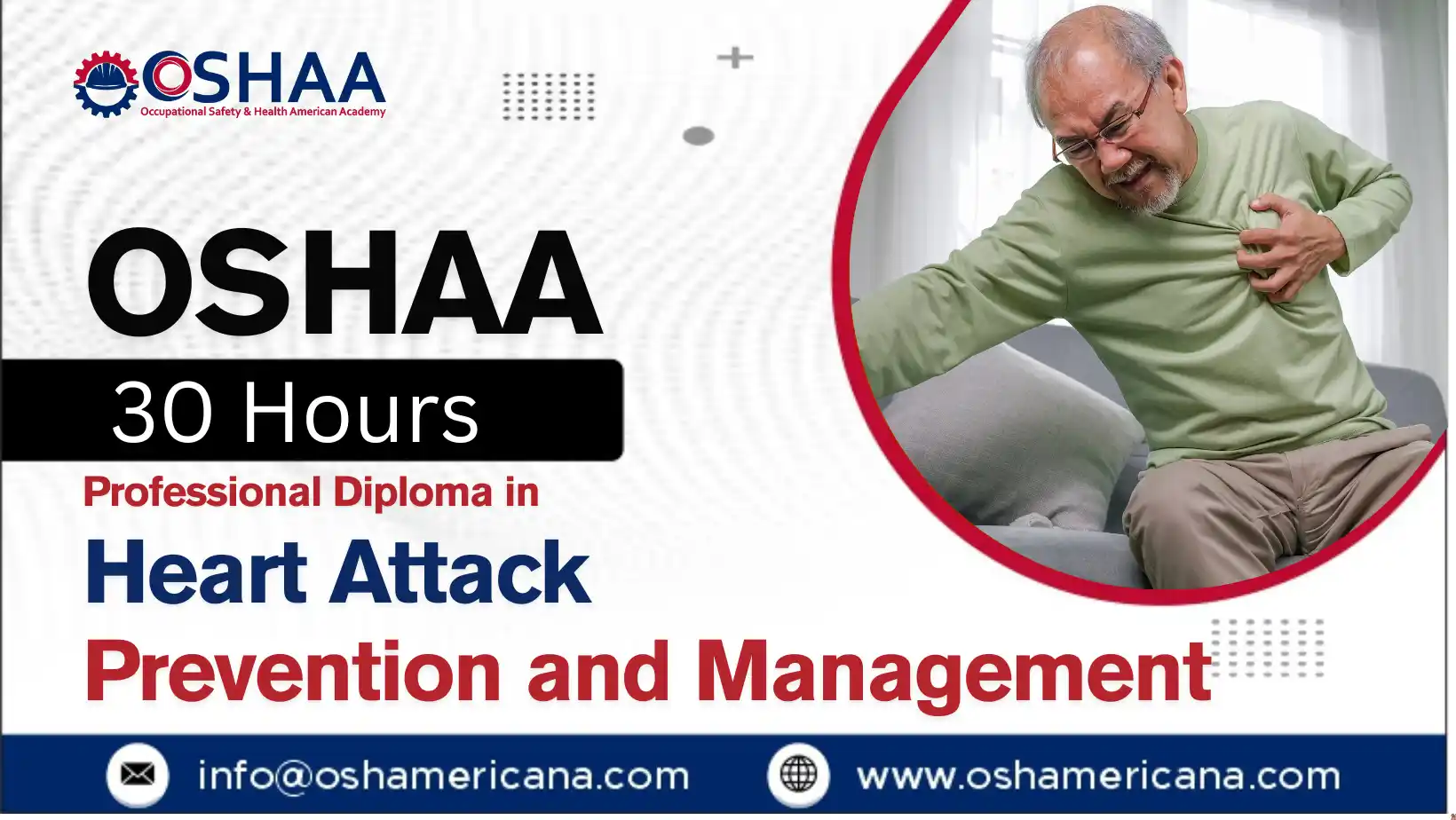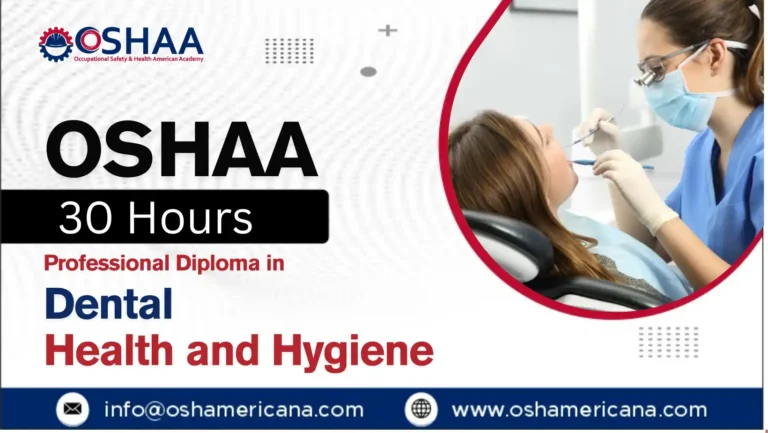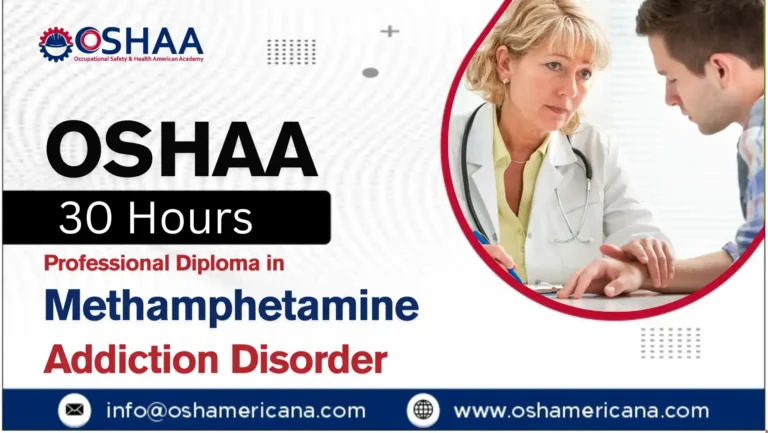Cardiovascular diseases remain a leading cause of mortality globally, and heart attacks, in particular, demand swift, informed response and long-term preventive strategies. The OSHAA 30-Hours Professional Diploma in Heart Attack Prevention and Management has been developed to address this urgent health concern. This comprehensive course equips healthcare professionals, wellness coaches, and allied practitioners with the essential knowledge and practical skills required to understand, prevent, and manage heart attacks effectively.
This diploma offers an in-depth understanding of the physiological, lifestyle, and medical factors contributing to myocardial infarction. It blends evidence-based practice with contemporary research, enabling participants to assess risks, provide accurate education, and intervene effectively during acute and post-heart attack phases. Whether working in clinical settings or community health programmes, participants will gain a critical advantage in managing cardiovascular emergencies and promoting heart health.
Over the span of 30 guided hours, the diploma covers a structured progression from foundational cardiovascular knowledge to advanced intervention strategies. The content is designed to support a multidisciplinary approach, making it suitable for professionals engaged in emergency care, rehabilitation, and preventive health education.
Study units encompass a broad range of themes, including anatomy and physiology of the heart, early signs and symptoms of heart attacks, emergency response protocols, pharmacological and non-pharmacological interventions, and lifestyle modification counselling. The course also focuses on patient education and long-term risk reduction, ensuring a well-rounded learning experience.
The OSHAA 30-Hours Professional Diploma in Heart Attack Prevention and Management offers both immediate and long-term benefits for professional development and public health impact. It prepares participants to act decisively in cardiac emergencies while fostering proactive, sustainable heart health across diverse populations.
OSHAA 30-Hours Professional Diploma in Heart Attack Prevention and Management
Study Units
Learning Outcomes
Introduction to Cardiovascular Anatomy and Physiology (3 hours)
- Identify the key structures and functions of the cardiovascular system
- Explain the circulatory process and how it supports bodily function
- Describe the relationship between cardiovascular anatomy and heart function
- Understand how physiological changes contribute to cardiovascular conditions
Understanding Heart Attack: Causes, Types, and Risk Factors (5 hours)
- Differentiate between various types of heart attacks and their mechanisms
- Recognise the major modifiable and non-modifiable risk factors
- Explain the pathophysiological process leading to myocardial infarction
- Analyse lifestyle, genetic, and environmental contributors to cardiac risk
Early Warning Signs and Symptom Recognition (5 hours)
- Identify common and atypical symptoms of heart attacks in diverse populations
- Recognise the differences in symptoms between genders and age groups
- Assess symptom severity and onset to prioritise care urgency
- Apply clinical reasoning to determine potential cardiac emergencies
Emergency Response and Acute Management Protocols (5 hours)
- Demonstrate appropriate first-response actions for suspected heart attacks
- Understand the roles of CPR, defibrillation, and emergency services coordination
- Apply evidence-based guidelines for immediate cardiac care
- Evaluate the urgency of intervention and stabilisation procedures
Diagnostic Procedures and Clinical Assessment Tools (3 hours)
- Interpret key diagnostic tools such as ECG, cardiac enzymes, and imaging
- Understand the significance of vital signs and symptom reporting
- Perform basic clinical assessments to support early diagnosis
- Recognise when to escalate care based on diagnostic findings
Pharmacological and Medical Interventions in Acute Care (3 hours)
- Understand commonly used medications in acute cardiac care
- Explain the indications, contraindications, and side effects of key drugs
- Discuss the integration of medication within broader treatment plans
- Monitor patients for responses and potential adverse reactions
Post-Heart Attack Care and Secondary Prevention Strategies (3 hours)
- Develop post-event care plans that promote recovery and heart health
- Identify strategies to reduce recurrence and long-term complications
- Coordinate care across multidisciplinary rehabilitation teams
- Support patients in managing medication adherence and follow-up
Lifestyle Modification and Behavioural Change Techniques (3 hours)
- Educate patients on dietary, exercise, and smoking cessation strategies
- Apply motivational interviewing to encourage sustained behavioural change
- Design personalised prevention plans based on risk factor profiles
- Promote self-management and long-term health maintenance practices
Course Benefits – OSHAA 30-Hours Professional Diploma in Heart Attack Prevention and Management
- Enhances professional competence in recognising and managing heart attack symptoms and emergencies
- Equips participants with the skills to implement evidence-based emergency response protocols
- Builds confidence in using diagnostic tools and interpreting clinical findings
- Provides in-depth understanding of pharmacological treatments and acute care practices
- Supports development of patient-centred post-heart attack care and rehabilitation strategies
- Strengthens ability to educate patients on lifestyle modifications and long-term prevention
- Encourages a multidisciplinary approach to cardiac health and community-based prevention
- Increases professional credibility with CPD certification aligned with UK healthcare standards
- Offers practical and theoretical knowledge applicable in both clinical and community health settings
- Prepares participants for advanced roles in cardiovascular care, health promotion, and patient education
The OSHAA 30-Hours Professional Diploma in Heart Attack Prevention and Management is designed for participants who are involved in, or aspire to contribute to, cardiovascular care and emergency response. It is particularly suited to:
- Healthcare professionals working in clinical, emergency, or cardiac care settings
- Nurses and paramedics involved in frontline medical response
- Health educators and wellness coaches focused on lifestyle-related disease prevention
- Rehabilitation specialists supporting post-cardiac event recovery
- Public health practitioners developing community-based heart health initiatives
- Individuals seeking to enhance their knowledge in cardiovascular health and prevention strategies
This course is ideal for participants who wish to expand their capabilities in managing heart attack risk, responding to emergencies, and promoting long-term cardiac wellbeing within diverse populations.







